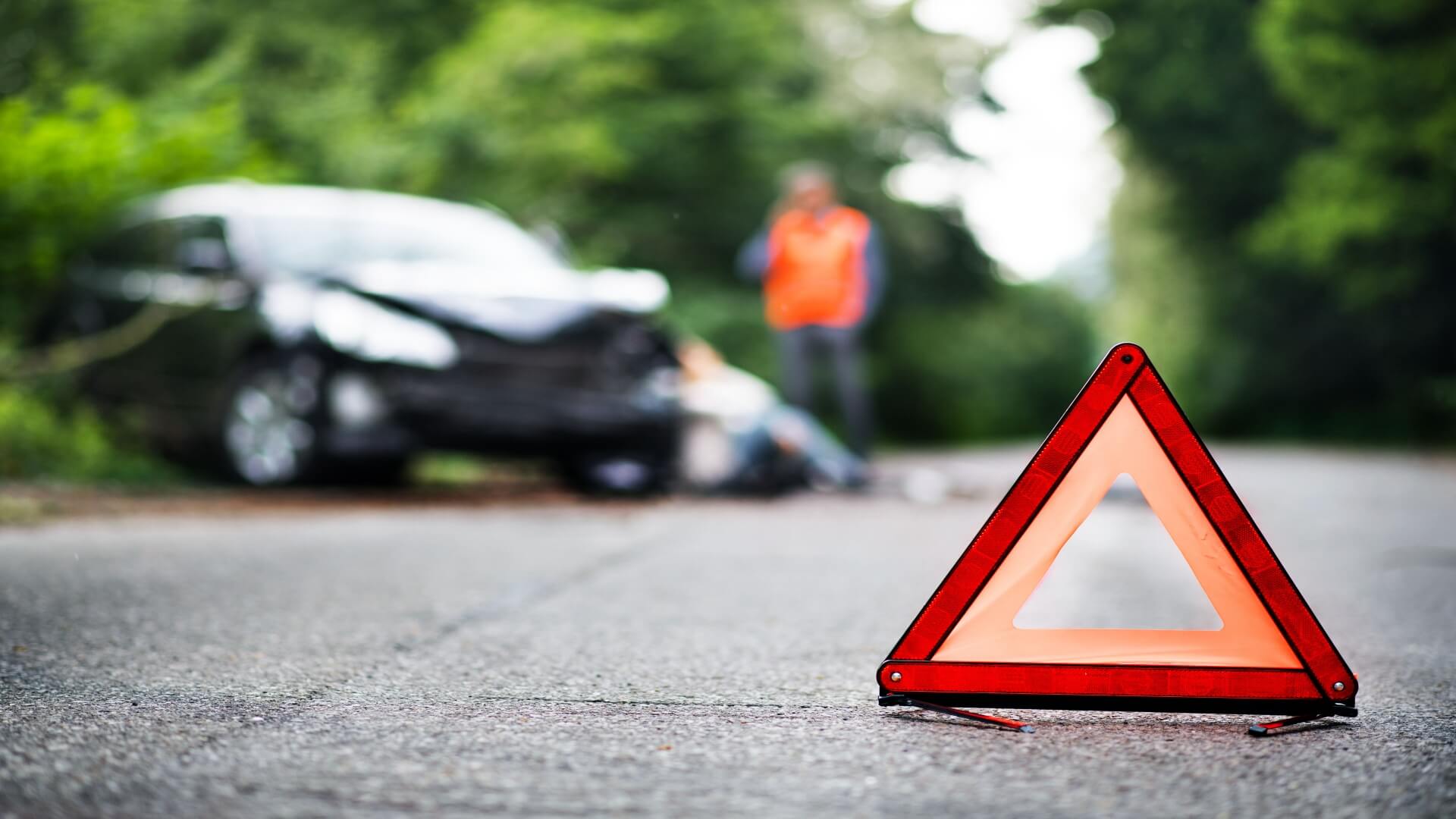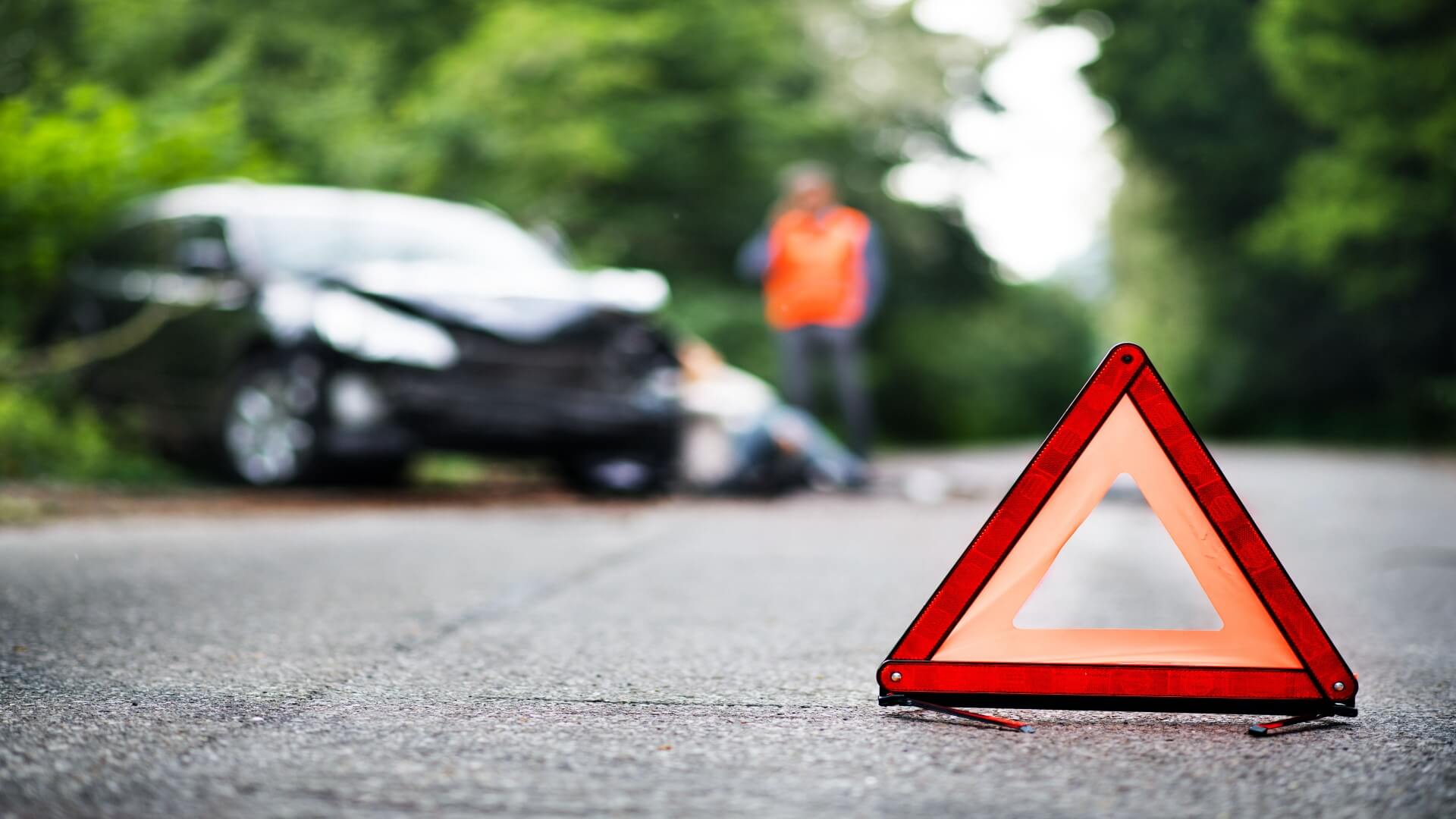With 2023 looking sombre for the UK health sector, it’s especially more important than ever to be prudent on the roads. Driving can be a stressful experience at any time of the year, but there are some months that are particularly challenging. In particular, January, and winter for that matter, stands out as one of the worst months to get behind the wheel.
With NHS appointments and emergencies to contend with, roads become busier, and car accidents can happen more often. That’s why it’s important for drivers to consider car gap insurance as well as comprehensive policies so that if an accident does occur, they are covered for all costs. Let’s look at why January is such a difficult month for driving.
Next month, more NHS employees will participate in two additional strikes by nurses in England and Wales as their dispute with the government over wages continues.
The Royal College of Nursing (RCN) announced that nurses will strike at 73 trusts in England on February 6 and 7, escalating the current round of industrial action. The two days of strikes in Wales will also include participation from about 12 health boards and organisations. While discussions are ongoing, the RCN will not participate in any strikes in Scotland or Northern Ireland at this time.
Why January is not a Good Month for Driving
One of the main reasons why January is considered one of the worst months to drive in a year is the fact that people tend to take on more journeys than usual during this period. After all, with Christmas and New Year just past, many people will be travelling for various reasons – whether it’s visiting family or starting off with their resolutions early. This means that roads become much busier than usual, and the chances of an accident occurring increase significantly. On top of that, you have to contend with darker days and generally worst weather. Snowy and icy conditions make the roads extremely dangerous to drive on, and January is a notorious month for producing these types of driving conditions.
Other Factors to Remember
It’s also important to remember that during this period, road conditions can be especially bad due to colder weather, such as ice or snow making surfaces slippery or hard-packed snow causing dangerous visibility issues. This month alone has already seen its fair share of accidents and with the NHS under growing pressure, there are unfortunately higher likelihoods that emergency respondents may not be able to arrive at the scene of a crash as quickly as normal.
All in all, when it comes down to driving during this period, safety should always come first! Be sure you plan ahead before setting off on any journeys, and ensure you have car gap insurance just in case anything goes wrong along the way! By following these guidelines, you shouldn’t have any problems – but above all else, remain vigilant and aware of your surroundings at all times as well as follow driving guidelines.


















